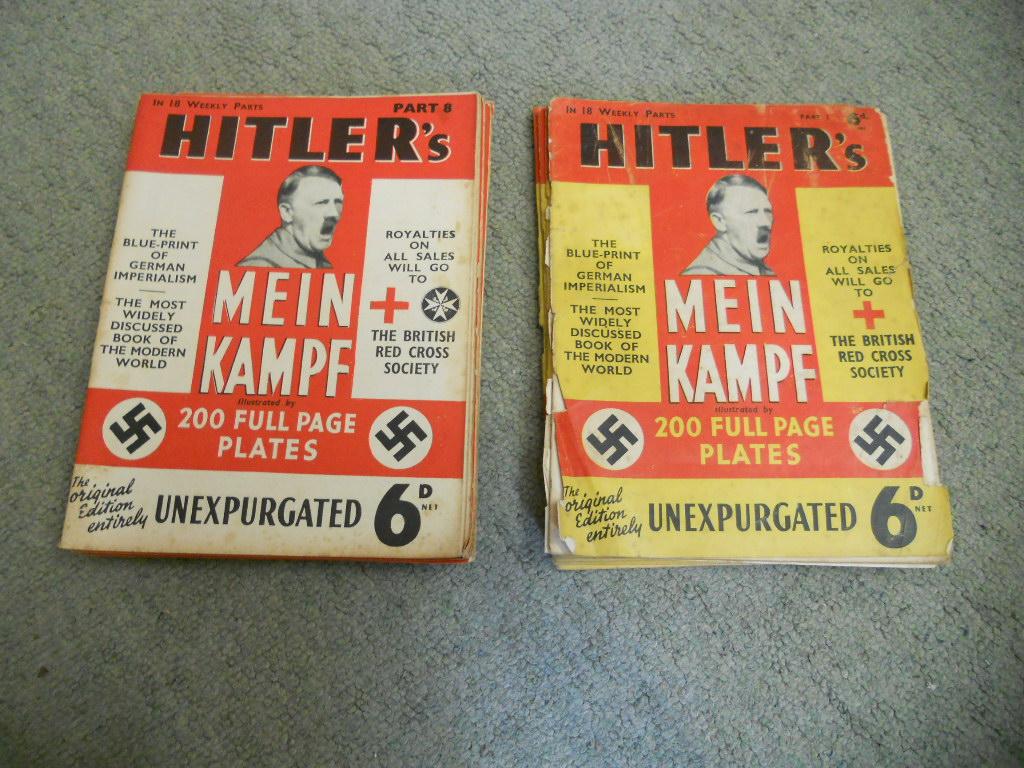Amazon, America’s biggest retail book seller, is grappling with a conundrum it seems incapable of resolving once and for all, leaving it open to justifiable criticism.
The multi-billion dollar company has complied with requests to remove Nazi, neo-Nazi and antisemitic books from its bookstore, only to reinstate some of them shortly afterward. Amazon’s contradictory policy causes not only disappointment but confusion.
Its muddled approach makes no sense and needs to be revised immediately.
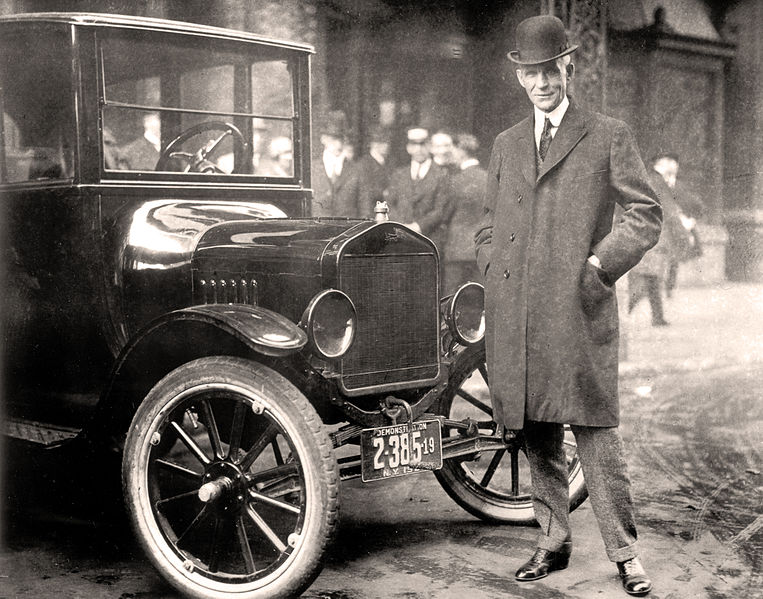
Responding to complaints, Amazon has begun the process of dropping objectionable titles from its catalog. In the past 18 months, Amazon has removed such filth as Protocols of the Elders of Zion, the czarist forgery alleging a plot by Jewish financiers to take over the world; The International Jew, a four-volume set of booklets and pamphlets by American automaker Henry Ford calling attention to the “Jewish menace” threatening the United States, and The Poisonous Mushroom, a children’s book published in Nazi Germany by Julius Streicher outlining the dangers posed by Jews to German society.
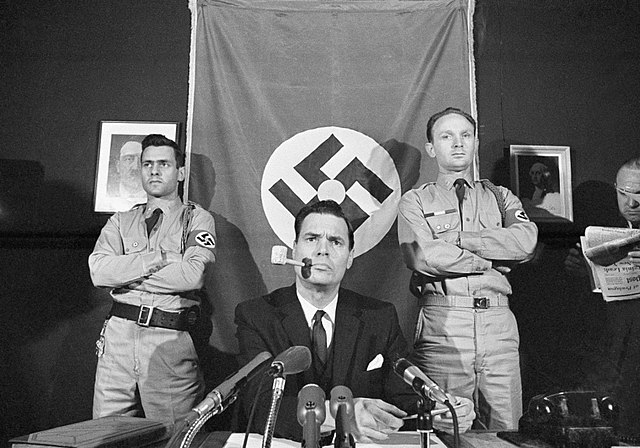
Amazon has also dropped books written by George Lincoln Rockwell, the late leader of the American Nazi Party, and by David Duke, a professional hatemonger once associated with the Ku Klux Klan.
Most notably, Amazon banned the Houghton Mifflin edition of Mein Kampf, Adolf Hitler’s biographical and political manifesto, first published in Germany in 1925.
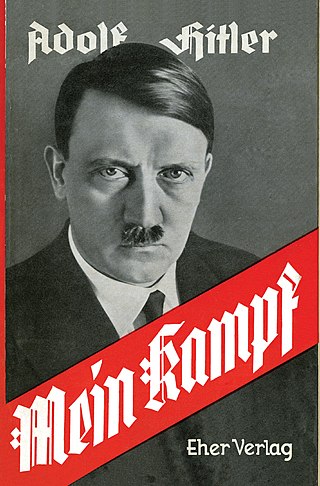
Amazon has generally kept faith with its pledge to ban these offensive works, but unfortunately, Mein Kampf still remains on sale. Several days after it was banned, it reappeared on the Amazon site. Yet strangely enough, second-hand editions and copies sold by third-party vendors continue to be prohibited. Stranger still, AbeBooks, an Amazon subsidiary, is still selling the Houghton Mifflin edition.
In addition, Amazon is flogging books by major Nazi figures such as Heinrich Himmler, the head of the SS police force; Alfred Rosenberg, the ideologue who promoted Hitler’s brand of fascism and racism in pseudo-academic prose, and Joseph Goebbels, the Nazi minister of propaganda.
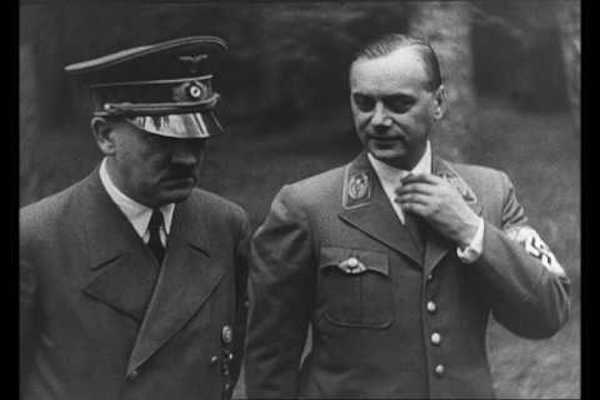
It is not difficult to discern a pattern in Amazon’s mixed messaging.
On the one hand, Amazon wants to provide customers with access to a “variety of viewpoints,” as its spokeswoman said recently. In short, Amazon wishes to uphold one of the cherished norms of a free democratic society: the right of buyers to choose their reading material.
On the other hand, Amazon is under pressure to remove hate literature from its popular platform at a moment when xenophobia, right-wing populism and racism are on the upswing in the United States and elsewhere.
Caught between two opposing poles, Amazon appears unable or unwilling to reconcile these demands.
Amazon should come down on the right side of this vexing problem. It should remove books that falsify history, attack ethnic and religious minorities, defame people of color, and stir up discord and hatred.
Exceptions to this rule should only be made in the case of annotated editions that give readers sufficient historical context. Example: Four years ago, a “critical edition” of Mein Kampf with numerous annotations by reputable German historians was released on the market. Such editions are acceptable because they provide readers with proper explanations and guidance.
Anything less is unacceptable and beyond the pale.
